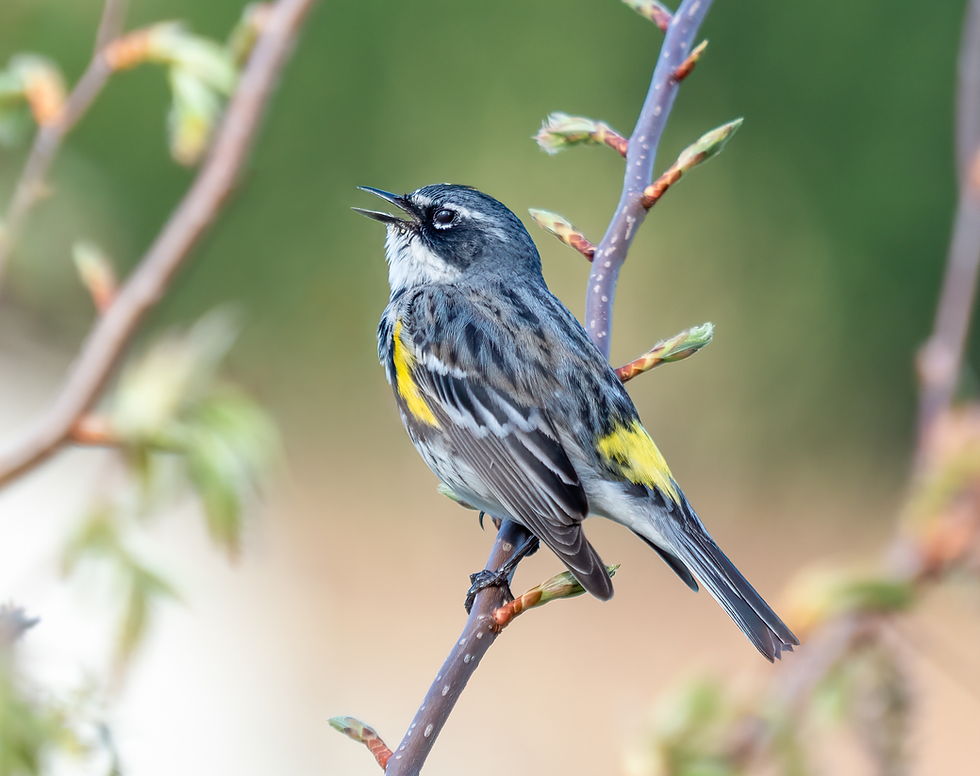Black Cherry is for the Birds
- Jennifer Anderson

- Jun 8, 2021
- 1 min read
Prunus serotina
Looking for a big, fruity, fragrant and showy shade tree that’s ripe for birds and pollinators? The Black Cherry may be the tree for you, reaching heights of 50 to 80 feet and sometimes more than 100.

Like the imported cherries circling the Tidal Basin, the native Black Cherry, Prunus serotina, sports gloriously fragrant spring flowers. However its blooms are lacy and drooping, and its dark red fruit turns black by late summer and into fall as its glossy green leaves turn yellow.
The EPA ranks as “very high” the Black Cherry’s pollinator value, and Master Gardeners of Northern Virginia describe it as a larval host for 450 butterfly and moth species -- including the Eastern Tiger Swallowtail, Cherry Gall Azure, Viceroy and Columbia Silkmoth. It also attracts Monarchs and is of special value to native bees.
A low-maintenance tree, the Black Cherry thrives in full sun to part shade and well-drained soils. Also valued for its inner bark, used to make cough syrup, the Black Cherry's fruit, bitter right off the tree, is makes great jellies and wine.
Sources:
Prunus Serotina, Lady Bird Johnson Wildflower Center, https://www.wildflower.org/plants/result.php?id_plant=prse2
Prunus serotina ([Wild] Black Cherry), Master Gardeners of Northern Virginia, https://mgnv.org/plants/trees/prunus-serotina-wild-black-cherry/
Image by Hans Braxmeier, Pixabay





Comments